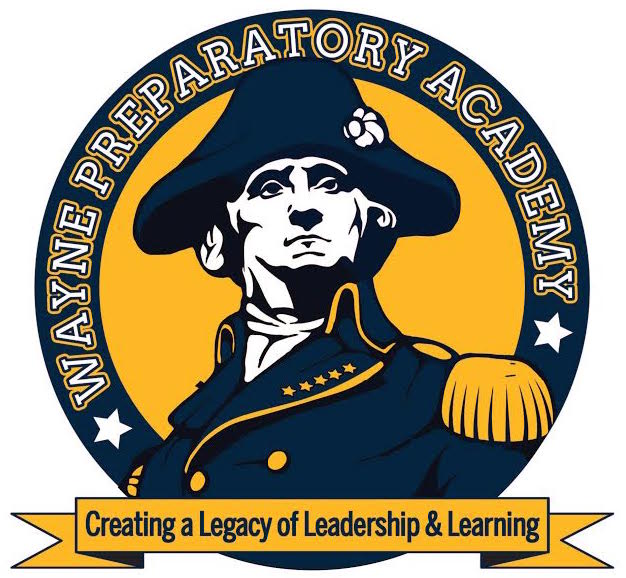How Scholar Data Is UsedAt Wayne Prep, scholar data is used to make curriculum placement decisions, drive instruction in the classroom, identify opportunities for acceleration, respond to needs of remediation, and provide an individual experience for scholars. Scholar data is also used to measure and report growth, indicate value added, and monitor the effectiveness of the programs used within our school.
|
How Often is Scholar Data Collected?Universal Screening Data from the mCLASS and MAP assessments is formally collected three times per year [Fall, Winter, and Spring].
Progress Monitoring Data collected from mCLASS and mastery-based assessments included in each program is collected at regular intervals throughout the academic year based on each program and scholar’s level of intervention. |
What are the benefits of using scholar data to drive instruction?When scholar data is collected consistently, the benefits are great for everyone involved. Some benefits include:
|
What is mCLASS
- mCLASS is an assessment tool that is used to impact instructional decsions in reading for our K-3 scholars. It is comprised of two components, DIBELS and TRC. DIBELS (Dynamic Indicators of Basic Early Literacy Skills) assesses the early literacy such as phonics, phonemic awareness, and fluency. The TRC (Text Reading Comprehension) assesses the reading comprehension skills of our scholars, including oral and written skills above a certain level. The assessments in mCLASS are listed below with a brief description:
- First Sound Fluency- ability to isolate the first sound in a word
- Letter Naming Fluency- naming the letter name
- Phoneme Segmentation Fluency- segmenting words into sounds
- Nonsense Word Fluency- identifying sounds in words
- DIBELS Oral Reading Fluency- accurate and fluent reading, phonics and word attack skills
- DAZE- ability to insert words to fluently read and comprehend a passage
- Text Reading Comprehension- a leveled reading assessment with follow-up tasks, which may include Oral Comprehension, Retelling, and/or Written Comprehension
What is MAP
|
Measures of Academic Progress® (MAP) is a norm-referenced series of assessment measures. The MAP assessments are state-aligned computerized adaptive assessments that provide us with additional information on regarding scholar placement and growth. The scores from the MAP assessment also allow our faculty to make scholar-focused, data-driven decisions. The MAP assessments measure Scholars achievement in reading and math. Scores are reported as RIT scores that align to specific grade level equivalents.
MAP: • Adaptive and generates questions based on scholar responses • Provides immediate results • Is aligned to NC curriculum standards • Measures growth over time |
What are Mastery-based assessments?Mastery-based assessments are formative mastery tests that are embedded within our research-based programs that are administered every 5 to 10 lessons depending on the program. Mastery-based assessments consist of items that test scholars’ knowledge or ability to apply information that was presented directly in the lessons taught before the test.
The most important thing to remember about Mastery-based assessments is this: if your scholar does not reach mastery the first time around, we re-teach the specific skills that the scholar may need. After re-teaching, the scholar has an opportunity to retake the mastery-based assessment. |



